#learn korean




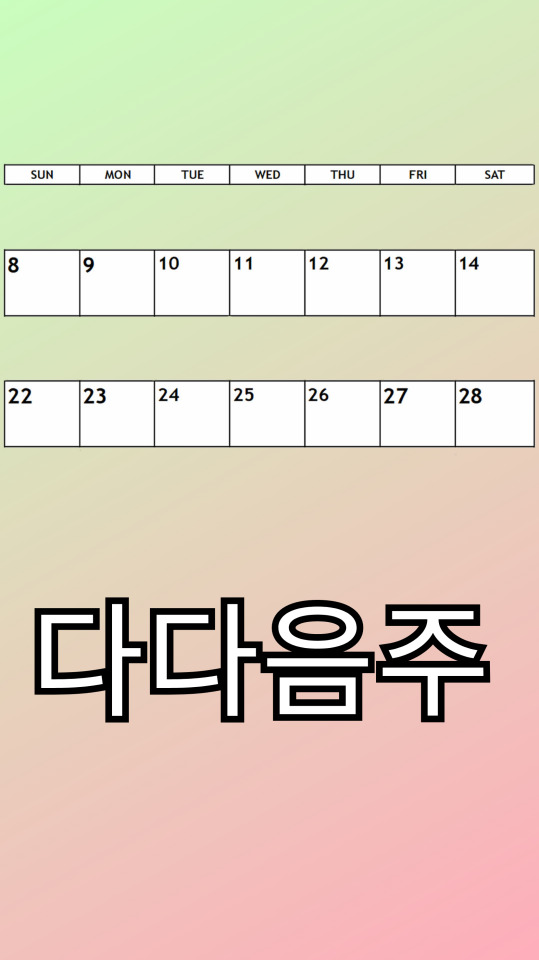
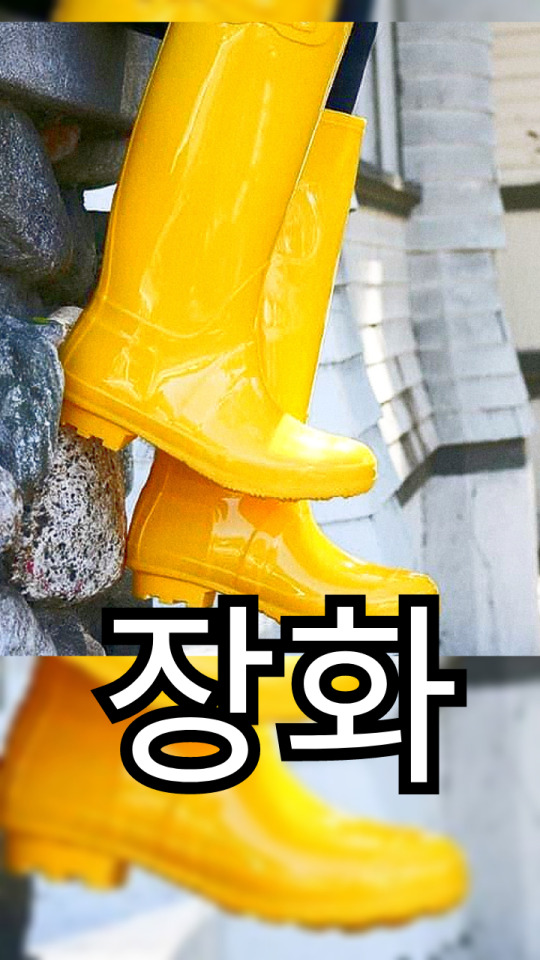

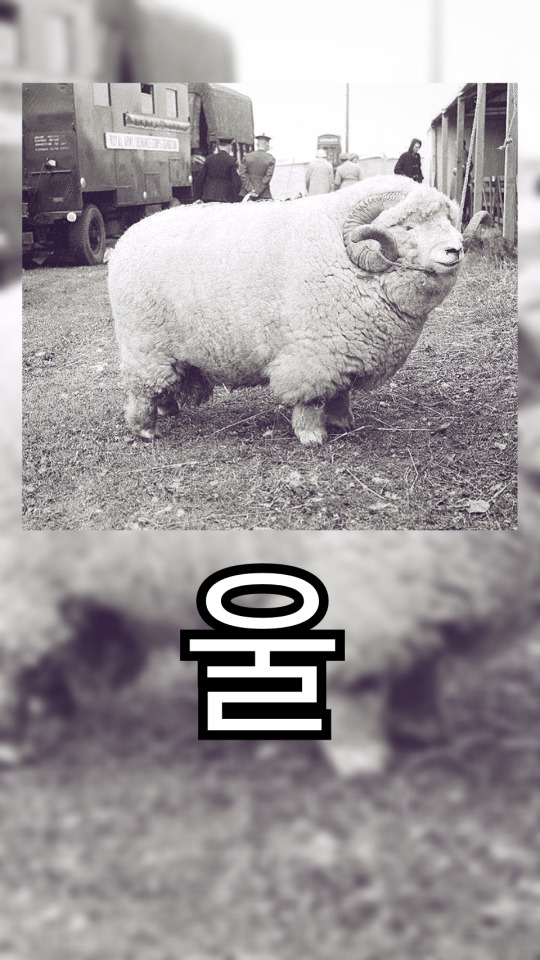
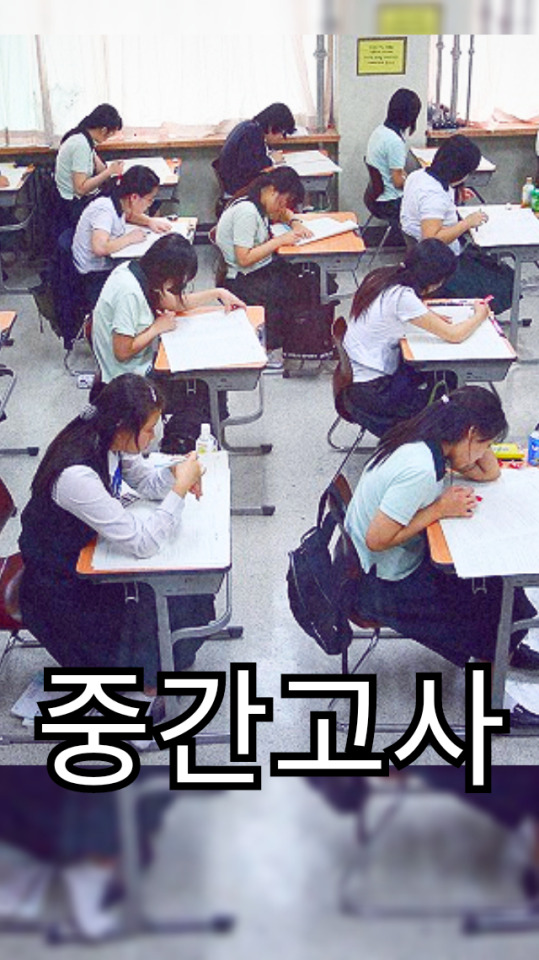
장터 - A traditional market
하계 올림픽 - Summer Olympics (하계 - The summer season)
동계 올림픽 - Winter Olympics (동계 - The winter season)
지지난주 - The week before last (last last week)
다다음주 - The week after next (next next week) (I didn’t really know how to visualize these, sorry)
장화 - Boots, rain boots
눈 오는 날 - Snow day, a day where it snows (눈 - Snow, 오다 - To come, ~는 - Makes 오다 a noun, 날 - Day)
울 - Wool
중간고사 - Midterm exam (중간 - Middle, 고사 - An examination, test)
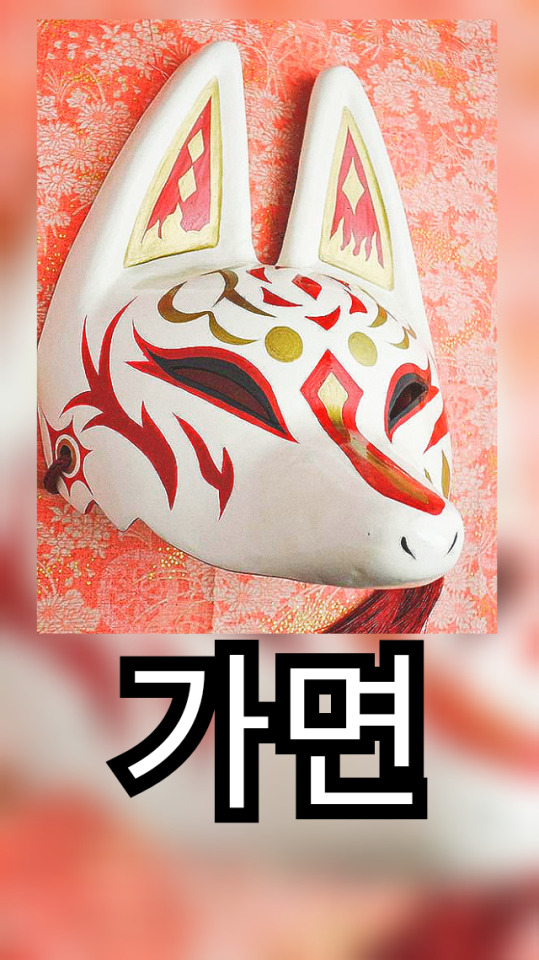

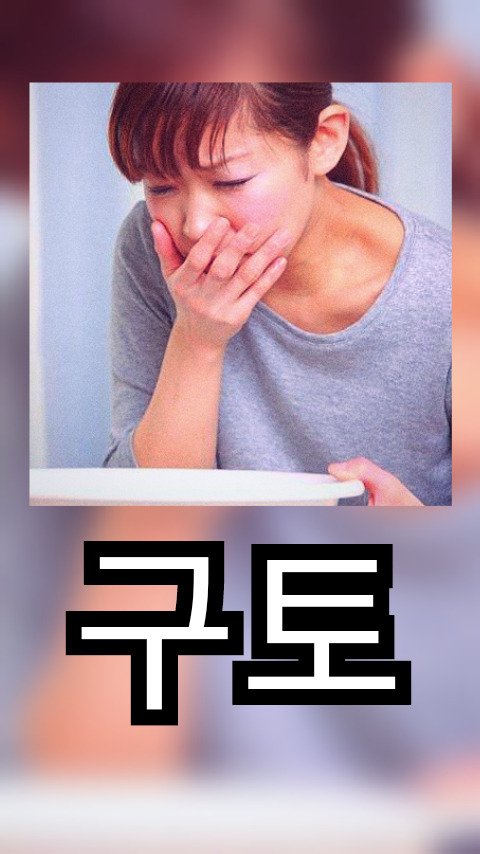

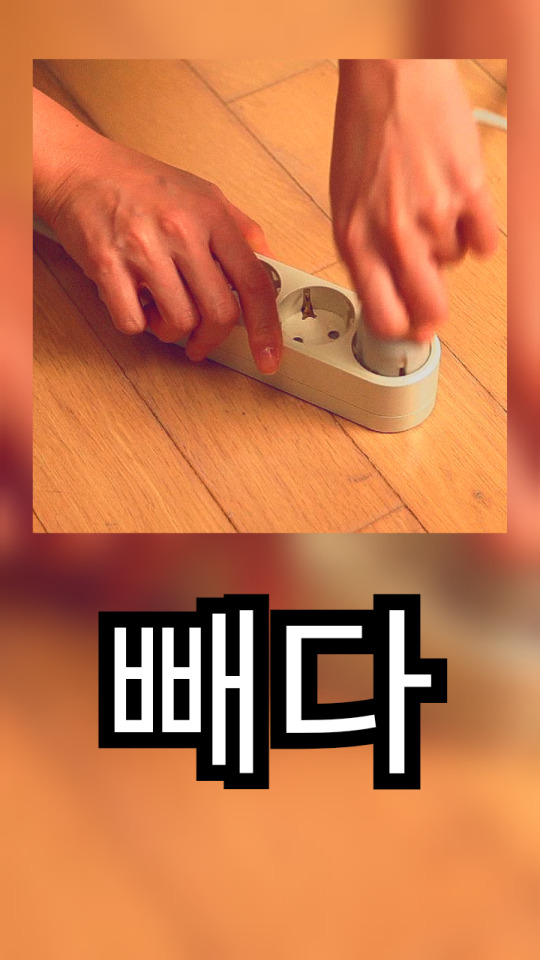




가면 - A mask (disguise)
매다 - To tie, knot
구토 - Vomiting
허리띠 - A belt, waistband
빼다 - To remove
남색 - Navy blue, dark blue (also sodomy apparently?)
치통 - Toothache
복통 - Stomachache
조율하다 - To tune (a piano)









기쁨 - Pleasure, delight, joy. Noun form of 기쁘다 - To be happy
공포 - Fear
비서 - Secretary
아나운서 - Announcer, newscaster
경호원 - Guard, bodyguard
카메라맨 - Cameraman
재봉사 - Tailor
색소 결핍 - Albino
겁나다 - To be/get scared








청바지 - Jeans
바텐더 - Bartender
스웨터 - Sweater
사업가 - Businessman (removed picture after correction by @chrissy-notes. Picture said 사업기)
은행원 - Bank clerk
고용주 - Employer
동업자 - Business partner
회계사 - Accountant
노동자 - Worker, labourer
(Sorry if I’ve posted these already. My files got mixed up)
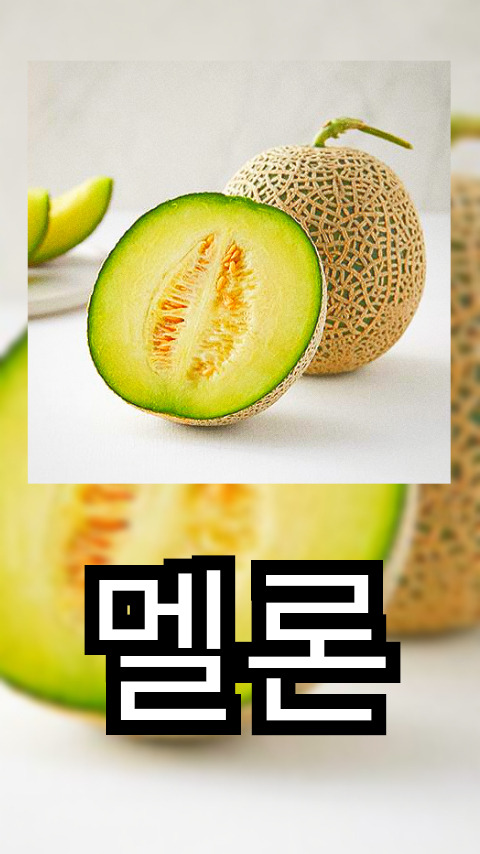



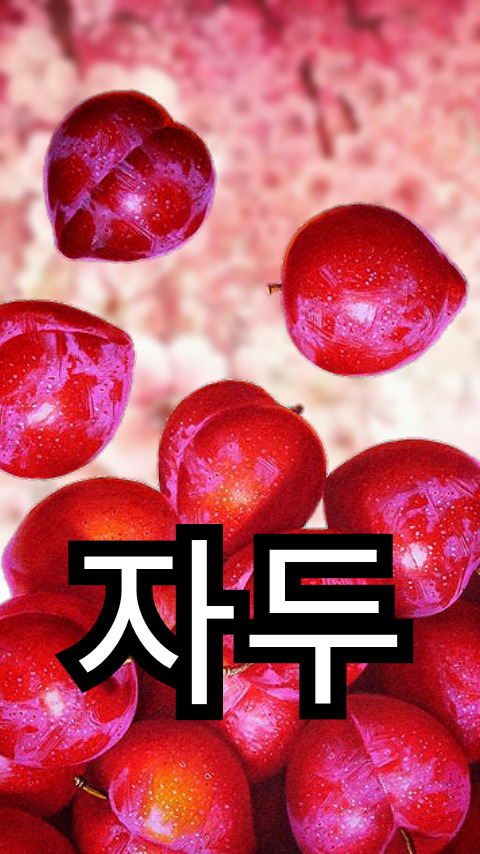
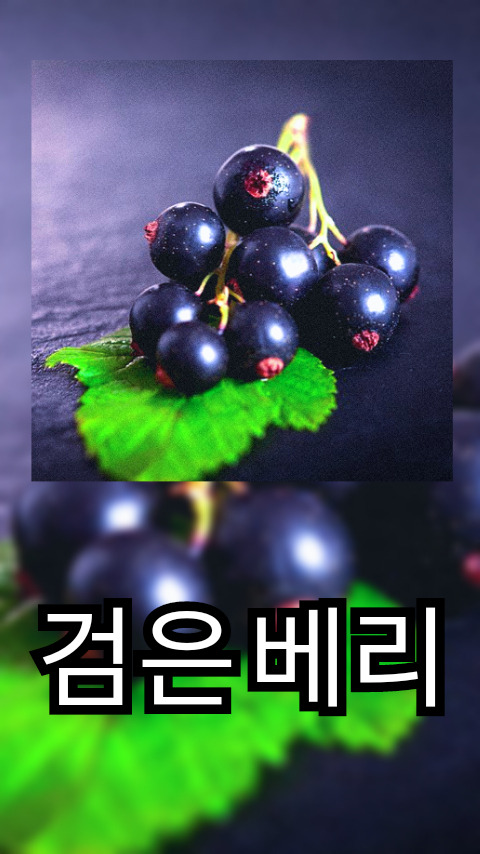



멜론 - Melon
올리브 - An olive
파파야 - Papaya
감 - A persimmon
자두 - A plum
검은 베리 - Black currant (but I’ve also seen it used for blackberries and blueberries)
대추 - A jujube, a (Chinese) date
구스베리 - Gooseberry
구아바 - Guava







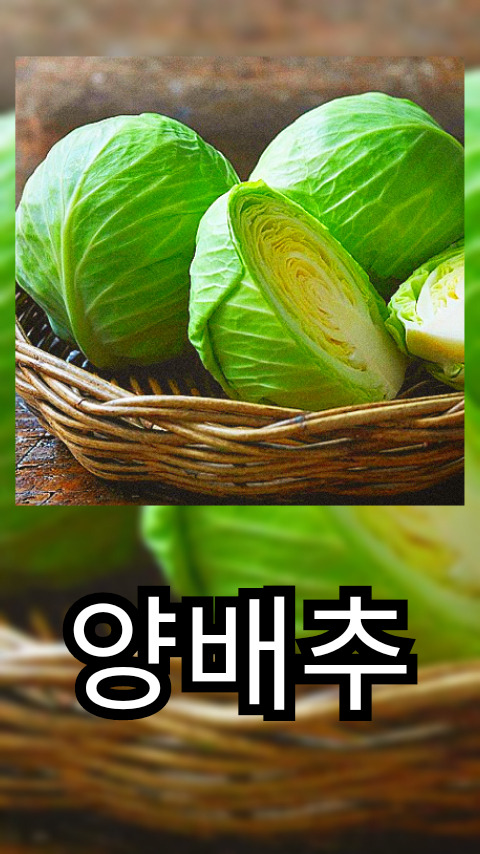
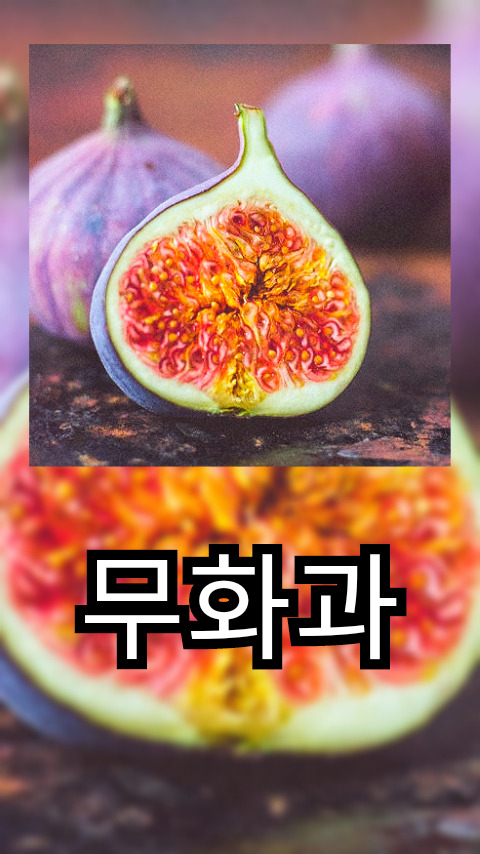
벨기에 - Belgium
칵테일 - Cocktail
아이스티 - Iced tea
생수 - Bottled water, spring water
코코아 - Cocoa
사탕무 - Beet (사탕 - Candy, 무 - Radish)
콩 - Bean
양배추 - Cabbage
무화과 - A fig
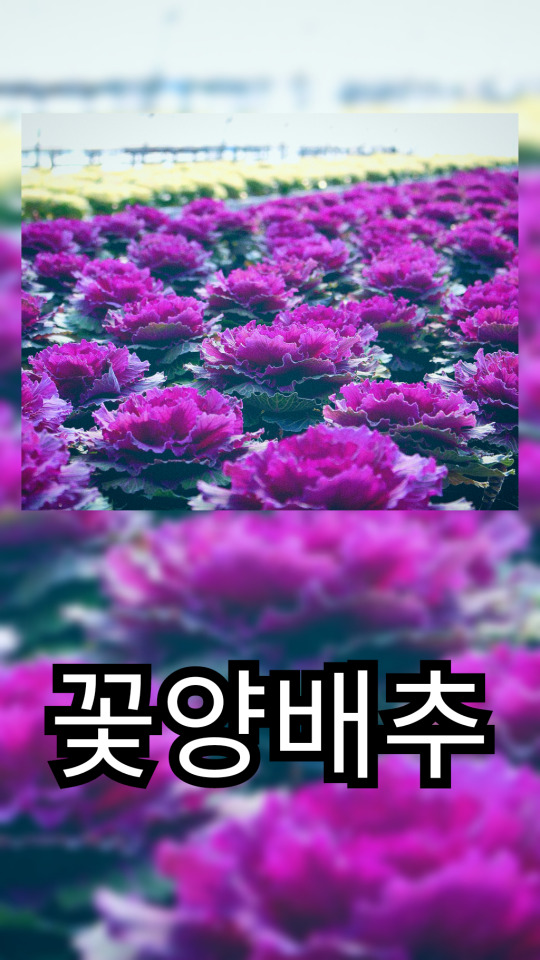
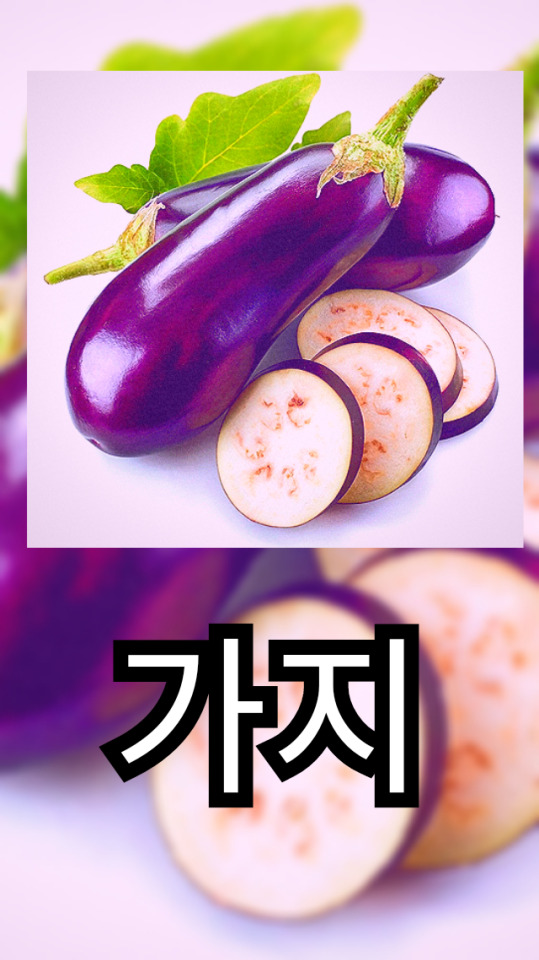


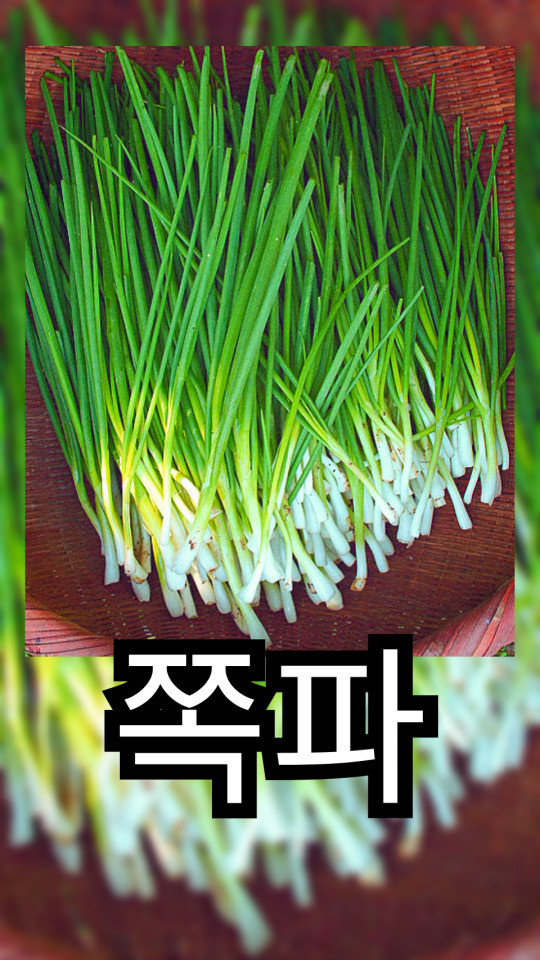
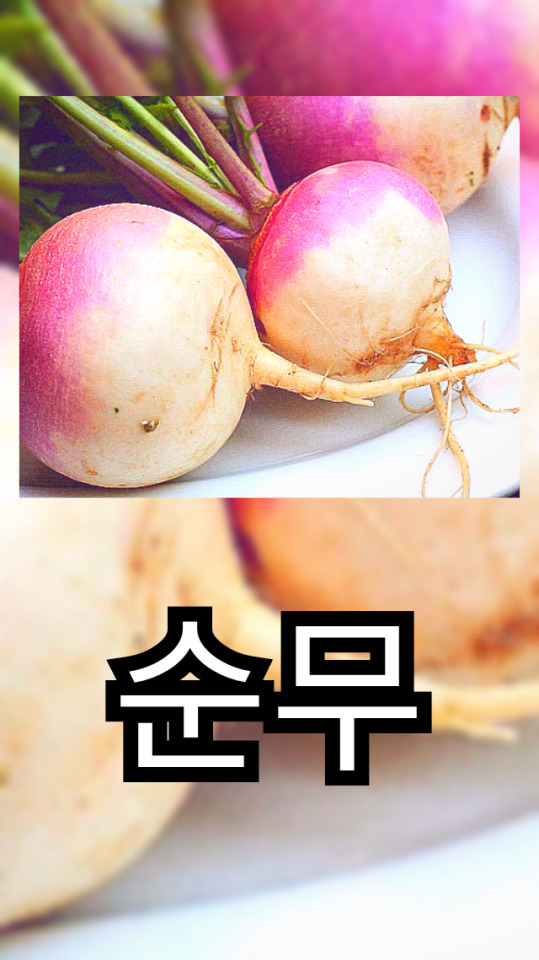
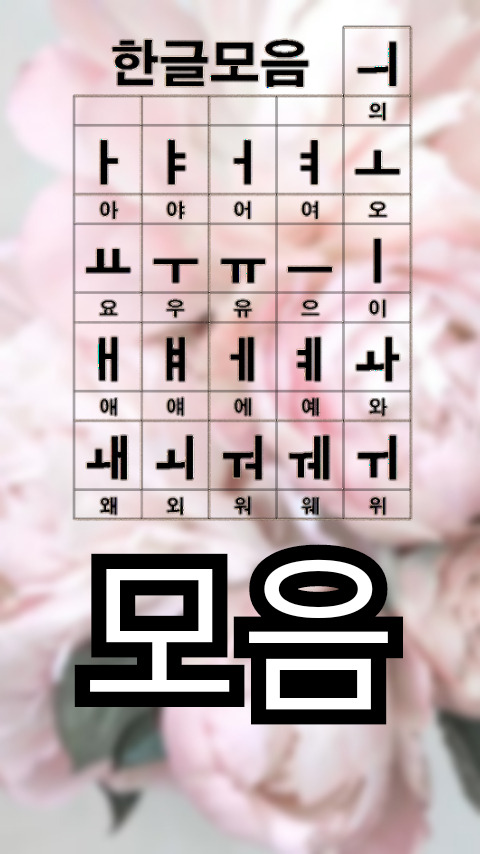

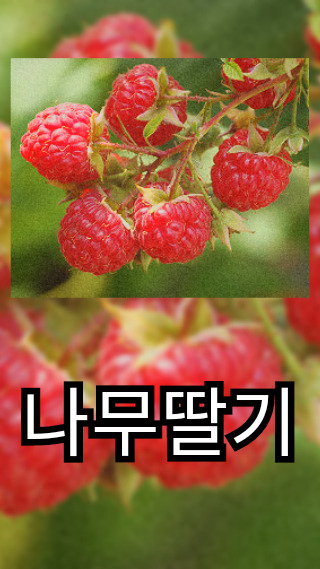
꽃양배추 - Cauliflower
가지 - An eggplant
단호박 - Sweet pumpkin (달다 - To be sweet, 호박 - Pumpkin)
대파 - Spring onion, leek
쪽파 - Scallion
순무 - Turnip
모음 - A vowel
자음 - A consonant
나무딸기 - A raspberry (나무 - A tree, 딸기 - A strawberry)

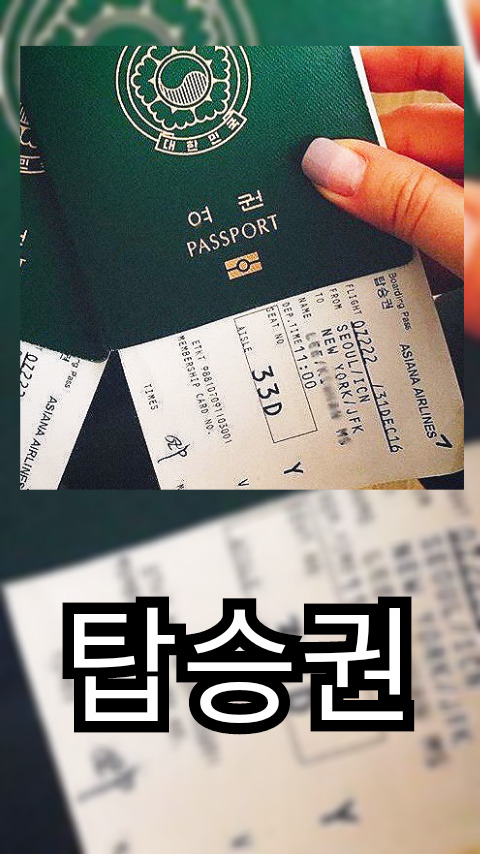







녹다 - To melt
탑승권 - Boarding pass
절벽 - Precipice, sheer cliff
빨강 - Red
하양 - White
노랑 - Yellow
피망 - Pimento, Bell pepper
근대 - A beet
연령대 - Age group
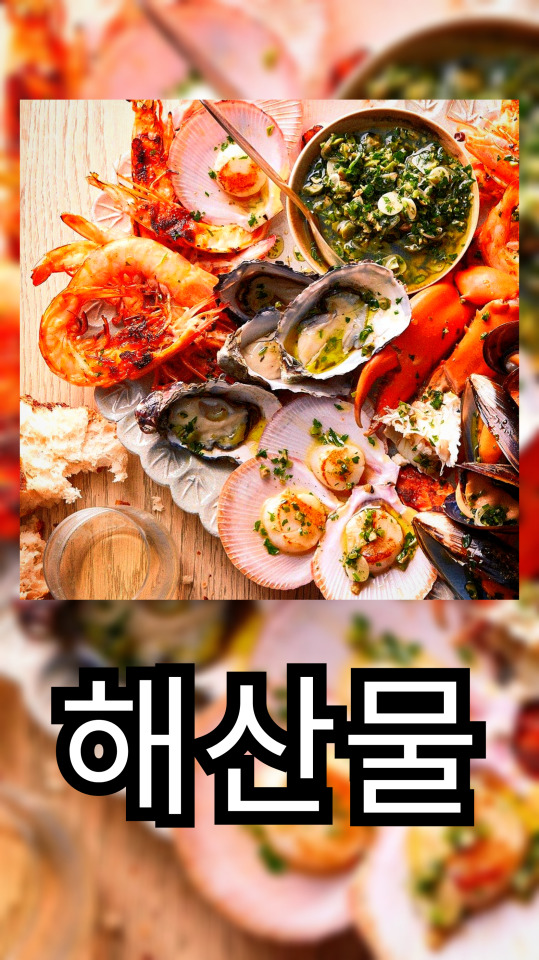








해산물 - Seafood, marine products
물다 - To bite
마못 - Groundhog
스프링클러 - Sprinkler
납치하다 - To abduct, kidnap
소방훈련 - Firedrill (소방 - Firefighting, 훈련 - training, drill, exercise)
승객 - A passenger
잔디밭 - Lawn (잔디 - Grass, 밭 - Field, garden)
인터페이스 - Interface









소시지 - A sausage
살라미 - Salami
닭 날개 튀김 - Chicken wings (닭 - Chicken, 날개 - Wings, 튀기다 - To fry/deep-fry)
칠면조 가슴 구이 - (Grilled) Turkey breast (칠면조 - Turkey, 가슴 - Chest/breast, 굽다 - To roast, grill)
스폰지 - Sponge
두통 - A headache
욕조 - A bath/bathtub
해변 - Seashore, beach, coast
감자 튀김 - Fries (감자 - Potato, 튀기다 - To fry/deep-fry)
안녕하세요 여러분! Today I have a new kind of lesson for you all: it’s about Hanja! If you don’t know what Hanja is, it’s “Chinese characters borrowed from Chinese and incorporated into the Korean language with Korean pronunciation,” according to Korean Wiki Project. Korean words that feature the same borrowed character often have a shared meaning of some sort, which is why Hanja is good to know! If you know the meaning of one word with a character, you might be able to figure out another word with the same character without even using a dictionary!
To start this series of lessons, I wanted to start with the character 최; I got an ask about some words starting with it and thought it’d be helpful to make a short lesson about it :) I’m also going to post this on my Instagram soon as well, so go check it out there too! Let’s start!

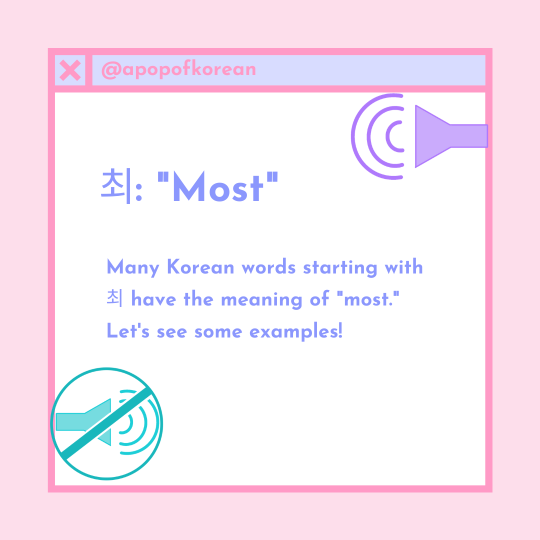


I hope this short list of words has been helpful – let me know what you think and if you’d like to see more of these! Maybe in the future I can break down the entire word – instead of just explaining what 최 means, for instance, I can explain what 애 means too, for example. Lmk your thought! See you in the next lesson! 다음에 또 봐요!
- My masterlist
- Joinmy Discord chat here to practice Korean with others!
- Follow me onInstagram herefor more Korean content!
- GetDrops Premium usingmy affiliate link to expand your Korean vocab!
- Check out myKo-Fi to support this blog and my studies! Thank you for your generosity!
안녕하세요 여러분! Hey everyone! Today I have a lesson with a grammar structure you hear pretty often and it yet another way to say “because” in Korean lol. I also made a post on my Instagram about this structure, so go check that out as well! Let’s start!
Here’s the formula for this structure:
- [verb stem] + 느라고 + [rest of sentence]
- Note that this can only be used with verbs, not adjectives.
- I believe the -고 can be dropped with no difference in meaning.
-느라고 is used to explain a reason for a consequence, and this consequence is usually negative. It can also be used in contexts when your doing one action prevents you from doing the other. Let’s look at some examples:
- 공부하느라고 밤 새웠어요. = I stayed up all night studying.
- Here, you’re explaining what caused you to stay up all night, which was studying.
- 숙제를 하느라고 파티에 못 갔어요. = I couldn’t go to the party because I was busy doing homework.
- The consequence of your doing homework is not not being able to go to the party. One action, doing homework, prevented you from doing the other, which is going to the party.
Let’s see some more examples!
- 늦잠을 자느라고 수업에 못 갔어요. = I didn’t go to class because I overslept.
- 운동하느라고 전화를 못 받았어요. = I was exercising, so I couldn’t pick up your phone call.
- 일하느라고 바빴어요. = I was busy working.
- 요리하느라고 힘들었어요. = I was exhausted after cooking.
- 야근하느라고 집에 늦게 왔어요. = I came home late because I was working overtime.
That’s about it for this lesson! Hope it was helpful! See you in the next one! 다음에 또 봐요!
- My masterlist
- Joinmy Discord chat here to practice Korean with others!
- Follow me onInstagram herefor more Korean content!
- GetDrops Premium usingmy affiliate link to expand your Korean vocab!
- Check out myKo-Fi to support this blog and my studies! Thank you for your generosity!
안녕하세요 여러분! I have another Insta post I wanted to share with y’all! I have a regular lesson about -(으)면 되다 and -(으)면 안 되다 that I made a while back, but I feel like this post is a little more accurate and captures its nuance better. So that’s why I’m posting it here too! I hope it’s helpful!
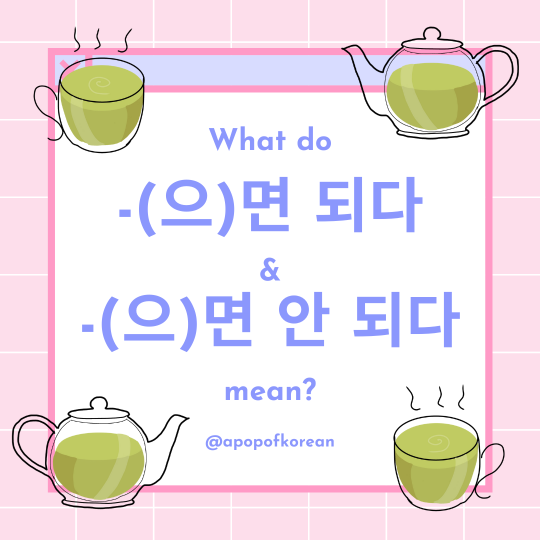


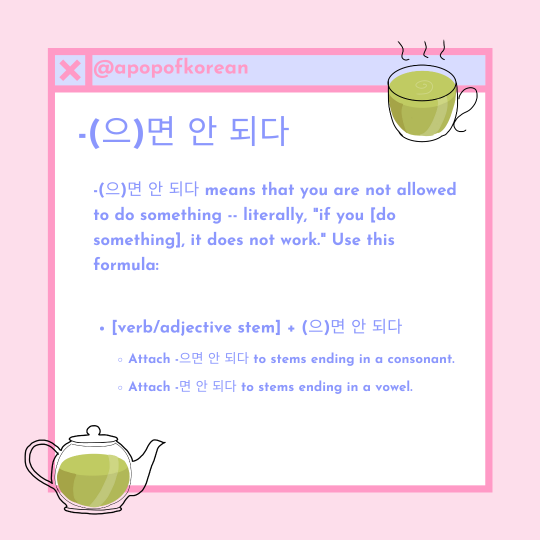

Don’t forget to follow me on Instagram by clicking the link below! Hope this is helpful :) See you in the next lesson! 다음에 또 봐요!
- My masterlist
- Joinmy Discord chat here to practice Korean with others!
- Follow me onInstagram herefor more Korean content!
- GetDrops Premium usingmy affiliate link to expand your Korean vocab!
- Check out myKo-Fi to support this blog and my studies! Thank you for your generosity!
안녕하세요 여러분! Hey everyone! I got a request for a vocab list about K-pop fandom-related words, so here it is! This is a combination of words you might use as a fan and some words related to being an idol. I hope it’s helpful :) Let’s start!
Nouns
- 가사 = lyrics
- 가수 = singer
- 그룹 = group
- (메인, 리드) 댄서 = (main, lead) dancer
- 리더 = leader
- (메인, 리드) 래퍼 = rapper
- 막내 = the youngest member of a group
- (메인, 리드) 보컬 = vocal
- 노래 = song
- 뮤직비디오 = music video
- 뮤비 is short for this.
- 멤버 = member
- 비주얼 = visual
- 밴드 = band
- 안무 = choreography
- 안무 연습 = dance practice
- 아이돌 = idol
- 연습생 = trainee
- 응원봉 = lightstick
- 인터뷰 = interview
- 앨범 = album
- (제일) 좋아하는 멤버 = bias
- 제일 좋아하는 멤버 literally means “favorite member” or “member you like the most.” I often just see 좋아하는 멤버 to mean the same thing, even though it literally means “member that you like.”
- 컴백 = comeback
- 콘서트 = concert
- 콘서트티켓 = concert ticket
- 케이팝 = K-pop
- 포토카드 / 포카 = photocard
- 팬 = fan
- 팬사인회 = fan signing event
- 팬클럽 = fan club
Verbs
- 덕질하다 = to be a die-hard fan of; to be really into
- 노래하다 = to sing
- 노래를 부르다 is another word for “to sing”
- 데뷔하다 = to debut
- 녹음하다 = to record
- 연습하다 = to practice
- 응원하다 = to cheer on; to support
- 촬영하다 = to shoot; to film
- 춤을추다 = to dance
- 컴백하다 = to have a comeback
That’s about it for this list! 제일 좋아하는 밴드가 뭐예요? 코멘트 하세요! What is your favorite band? Leave a comment! See you in the next lesson! 다음에 또 봐요!
- My masterlist
- Joinmy Discord chat here to practice Korean with others!
- Follow me onInstagram herefor more Korean content!
- GetDrops Premium usingmy affiliate link to expand your Korean vocab!
- Check out myKo-Fi to support this blog and my studies! Thank you for your generosity!
안녕하세요 여러분! I got a request to do some possible questions and answers that you might come across if you’re auditioning to be a K-pop idol! I’m not entirely familiar with the audition process or what kinds of questions might be asked of you, but here’s a list based on what I found online. I think that in order to answer these questions in Korean, you should be familiar with beginner/upper-beginner and some intermediate grammar structures and vocabulary. Check out my masterlist linked below to find some lessons that might help you answer them! I hope this is helpful for any aspiring idols! Let’s start!
Questions / 질문
- 이름이 뭐예요? = What is your name?
- 어디에서 왔어요? = Where are you from?
- 어디에 살아요? = Where do you live?
- 몇 살이세요? = How old are you?
- 학교에 어디 다녀요? = Where do you go to school?
- 학교에 어디 다녔어요? = Where did you go to school?
- 무슨 언어를 하세요? = What languages do you speak?
- 노래한 지 얼마나 됐어요? = How long have you been singing for?
- 춤을 춘 지 얼마나 됐어요? = How long have you been dancing for?
- 랩을 한 지 얼마나 됐어요? = How long have you been rapping for?
- 무슨 악기를 하세요? = What instruments do you play?
- 왜 아이돌 되고 싶으세요? = Why do you want to be an idol?
- 가장 좋아하는 가수/밴드 누구예요? = Who is your favorite singer/band?
- 취미가 뭐예요? = What are your hobbies?
Answers / 대답
- 안녕하세요, 제 이름은 [name]입니다. = Hello, my name is [name].
- 저는 [country]에서 왔어요. / 저는 [country] 사람입니다. = I am from [country].
- 저는 [place]에 살고 있습니다. = I live in [place].
- 저는 [#]살입니다. = I am [#] years old.
- Use native Korean numbers when saying your age.
- 저는 [school’s name]에 다녀요. = I go to [school’s name].
- 저는 [school’s name]에 다녔어요. = I went to [school’s name].
- 저는 [language 1], [language 2]하고 [language 3] 합니다. = I speak [language 1], [language 2], and [language 3].
- 저는 노래한 지 [amount of time] 됐어요. = I have been singing for [amount of time].
- 저는 춤을 춘 지 [amount of time] 됐습니다. = I have been dancing for [amount of time].
- 저는 랩을 한 지 [amount of time] 됐습니다. = I have been rapping for [amount of time].
- 저는 [year]년부터 노래했습니다 / 춤을 췄습니다 / 랩을 했습니다. = I have been singing/dancing/rapping since [year].
- 저는 [instrument] 연주합니다. = I play [instrument].
- [reason] 아이돌 되고 싶습니다. = I want to become an idol because [reason].
- 가장 좋아하는 가수는/그룹은 [name]입니다. = My favorite singer/group is [name].
- 제 취미는 [hobby]하고 [hobby] 입니다. = My hobbies are [hobby] and [hobby].
That’s about it for this list! Best of luck to you all :) See you in the next lesson! 다음에 또 봐요!
- My masterlist
- Joinmy Discord chat here to practice Korean with others!
- Follow me onInstagram herefor more Korean content!
- GetDrops Premium usingmy affiliate link to expand your Korean vocab!
- Check out myKo-Fito support this blog and my studies! Thank you for your generosity!
안녕하세요 여러분! Hey everyone! I got another request for a K-pop breakdown, so here it is! This one was pretty tricky for me to break down, but I hope it all makes sense anyways! If you have a song you’d like to see me break down, let me know and I’ll try to fulfill it!
You can listen to this song here! I used lyricstranslate.com’s really good translations and Naver Dictionary to help me out. As usual, I linked my full-length lessons about the grammar structures mentioned if you want to learn more about them! Let’s start!

휘하고 멋지게 솟구치는 눈은 / 이별에 손짓인 듯 부서지는 / 밤으로 가득한 고요를 본다
The snow that soars up majestically with a whoosh / Sees the silence full of night / That is shattered by our goodbye as if it were a gesture
- 휘하다 -> I can’t find a related translation for this word on Naver Dictionary, but just going off the translations from lyricstranslate, it means “with a whoosh.”
- 멋지다 can mean anything from “nice” to “awesome” to “charming.”
- [adjective stem] + 게 turns that adjective into an adverb.
- -고is attached to stems to mean “and.” So 휘하고 멋지게 means “with a whoosh and majestically.”
- 솟구치다 = soar; gush; surge
- 눈 = snow
- [verb] + 는 + [noun] = [noun] that [verbs] -> This is how you describe nouns with verbs in the present tense.
- -은 is a topic particle that shows that 눈 is the topic of the sentence. More about particles here!
- 이별 = farewell; goodbye
- 에 = is a location particle meaning “to” or “in.” In this context, however, it means “by,” as in “shattered by.”
- 손짓 = hand gesture
- [noun] + 인듯 = as if it is [noun]
- 부서지다 = break; be broken; be shattered
- 밤 = night
- 가득하다 = full [of smth]
- -(으)로 in this context means “with” or “of,” as in “filled with night” or “full of night.”
- 고요 = silence
- 보다 = to see
- [verb stem] + ㄴ/는다 or [adjective stem] + 다 is known as the plain style or narrative form. This type of speech doesn’t really have a formality level. You see it a lot in books and newspapers where there’s not really a specific formality level you’re using. It can also be used with those who you would speak informally to.
돌아보는 여운이 안타깝다 / 숨을 쉰다 눈이 온다 / 인사한다 잠이 든다
The afterglow is full of regret / Breathing, snowing / Greeting, falling asleep
- 돌아보다 = to look back
- 여운 = resonance; lingering feeling; echo
- I think 돌아보는 여운 literally means “the resonance I looked back on” or something like that.
- 안타깝다 = regrettable; sad
- 숨을 쉬다 = to breathe
- 눈이 오다 = to snow (literally “snow comes”)
- 인사하다 = to greet
- 잠이 들다 = to fall asleep
- When conjugated into the plain style, the ㄹ gets dropped and replaced with -ㄴ다 because it’s irregular.
떠나간다 / 떠나간다 / 남은 것은 이제 없다
Leaving / Leaving / Now there’s nothing left
- 떠나가다 = to leave
- 남다 = to remain; to be left
- 남은 것 = what’s left; the things that remain
- 이제 = now
- 없다 = to not be there; to not exist; to not have
그대가 웃는 걸 보면서 나도 웃는다 / 발자국에 아쉬움 꾹 묻어둔 채로
As I look at you smile, I smile too / Burying my regret in my footprints
- 그대 = You -> this is a more romantic way of saying “you” that you would say to your partner.
- 웃다 = to smile; to laugh
- 웃는 걸 refers to the fact that you’re smiling. The action of you smiling is turned into a noun, and that is what the speaker is looking at.
- [verb stem] + (으)면서 means “as one [does verb]” and is used for when two actions are done simultaneously.
- 나 = I (informal)
- -도 = too
- 발자국 = footprints
- 아쉽다 = be a shame; be a pity
- 아쉬움 is the noun form of 아쉽다 courtesy of -ㅁ nominalization.
- 꾹 = firmly; completely
- 묻어두다 = hide; bury; conceal
- -ㄴ 채로 describes the state that something is in as an action is being done. In this case, the speaker is smiling with her heart buried – her heart is in the state of being buried as she is smiling.
That’s all for this breakdown – I hope it was helpful! See you in the next lesson! 다음에 또 봐요!
- My masterlist
- Joinmy Discord chat here to practice Korean with others!
- Follow me onInstagram herefor more Korean content!
- GetDrops Premium usingmy affiliate linkto expand your Korean vocab!
- Check out myKo-Fi to support this blog and my studies! Thank you for your generosity!
안녕하세요! Hey everyone! Here is yet another breakdown request fulfilled! If you have a song you’d like to see me break down, let me know and I’ll try to fulfill your request!
You can listen to this song here! I used Genius’s translationsandNaver Dictionary to help me out with this breakdown! I also linked my full-length lessons about the grammar structures featured in this song if you want to learn more about them. Let’s start!

사랑 촌스런 그 감정 / 근데 내 가슴이 뛰어 / 왜 나 이래 나?
Love, that old-fashioned feeling / But why is my heart racing? / What’s wrong with me?
- 사랑 = love
- 촌스런 -> from 촌스럽다, meaning “old-fashioned”
- 그 = that (must be placed before a noun)
- 감정 = feeling
- 근데 can usually be translated as “but” – it is sometimes used to draw attention to a different topic or something contrasting to what is currently being spoken about.
- 내 = my (informal)
- 가슴 = heart; chest
- -이 is a subject particle – more about particles here!
- 뛰다 = to run; to jump
- 왜 = why
- 이래 comes from 이렇다, meaning “to be like this” or “to do this.” This line literally means “why am I like this?” but can also mean “what’s wrong with me?”
나도 모르게 when you call my name / 가슴 아프게 나의 심장이 쿵쿵
Unknowingly, when you call my name / Heartbreakingly, my heart is pounding
- 나 = I/me (informal)
- -도 = too/even (depending on context)
- 모르다 = to not know
- Adding-게 to a verb or adjective stem turns it into an adverb. 나도 모르게 means “unknowingly” or, more literally, “without me even knowing.”
- 아프다 = to be sick; to hurt
- 나의 = another way to say “my.” -의 is a possessive marker.
- 심장 = heart -> This refers more to the heart, while 가슴 can mean either “heart” or “chest.”
- 쿵쿵 is an onomatopoeia and is supposed to mimic the sound of a heartbeat.
내 뜻대로 되지 않아 / 흔한 filter조차 없어
It’s not going my way / I don’t even have any trendy filter
- 내 = my (informal)
- 뜻 = meaning
- -대로 = according to [smth]; as [smth]
- 되다has a few different meanings. In this case, it’s a little hard to translate directly, but I would say it means “to go” (as in to go a certain way) or “to be done” (as in something is done some way).
- -지 않다= not / does not
- More literally, I think this line means “It’s not going according to my meaning.” As with a lot of K-pop lyrics (and Korean in general), it’s best to focus on the meaning rather than the literal English translation, so don’t worry too much if the translation sounds odd!
- 흔하다, according to Naver Dictionary, means “common” or “commonplace.” Not quite sure why Genius translated it as “trendy,” but I guess if something is trendy, it becomes common because everyone is using it.
- [noun] + 조차 = even [noun]
- 없다 = to not be there / to not have
That’s about it for this breakdown! I hope it was helpful :) See you in the next lesson! 다음에 또 봐요!
- My masterlist
- Joinmy Discord chat here to practice Korean with others!
- Follow me onInstagram herefor more Korean content!
- GetDrops Premium usingmy affiliate link to expand your Korean vocab!
- Check out myKo-Fito support this blog and my studies! Thank you for your generosity!
안녕하세요! Hello again everyone! I have yet another breakdown that was requested! If there’s a song you want to see broken down, let me know and I’ll try to fulfill your request!
You can listen to this song here! I used colorcodedlyrics.comandNaver Dictionary to help me translate these lyrics! I also linked my full-length lessons about the grammar structures featured in this song if you want to learn more about them. Let’s start!

거울 속에 마주친 얼굴이 어색해서 / 습관처럼 조용히 눈을 감아 / 밤이 되면 서둘러 내일로 가고 싶어
The face in the mirror is awkward / So like a habit I quietly close my eyes / When the night comes I want to hurry up and go to tomorrow
- 거울 = Mirror
- 속에 = Inside
- 마주치다 = to meet (usually refers to eyes meeting)
- 얼굴 = face
- -ㄴ/은allows you to describe nouns with that verb in the past tense. So 마주친 얼굴 literally means “the face that I met.”
- -이 is a subject particle – more about particles here!
- 어색하다 = awkward
- -아/어서 means “so” or “because.” 어색해서 means “because it’s awkward” or “it’s awkward, so…”
- 습관 = habit
- [noun] + 처럼 = like [noun]
- 조용하다 = quiet; 조용히 = quietly
- 눈 = eye(s)
- 감다 = to close (when talking about eyes)
- 밤 = night
- 되다 = to become (밤이 되다 literally means “to become night”)
- -(으)면 = if/when
- 서두르다 = to rush; to hurry
- 내일 = tomorrow
- -(으)로in this context means “to” or “towards.”
- 가다 = to go
- [verb stem] + 고 싶다 = I want to [verb]
설렘으로 차오르던 나의 숨소리와 / 머리 위로 선선히 부는 바람 / 파도가 되어 어디로든 / 달려가고 싶어 / 작은 두려움 아래 천천히 두 눈을 뜨면
My breath that rose up with excitement / And the wind that blows coolly above my head / I want to become a wave / And run anywhere / When I slowly open my eyes under the small fears
- 설렘 = excitement; thrill
- Here, -(으)로 means “with”
- 차오르다 = to rise up
- 나의 = my (informal) -> 나 means “I,” while -의 is a possessive marker.
- 숨소리 = breath -> refers to the sound of breath
- [verb stem] + 던is another way to describe a noun with a verb. It is used for actions that you used to do repeatedly in the past or that you did but did not complete.
- -와 = and
- 머리 = head
- 위로 = above; top
- 선선히 = coolly
- 불다 = blow
- 불다’s stem ends in ㄹ, which gets dropped when you want it to describe a noun.
- 바람 = wind
- 파도 = wave
- 어디로든 = anywhere
- 달려가다 = to run
- 작다 = small
- 두려움 = fear -> noun form of the verb 두렵다, meaning “afraid”
- 아래 = below; bottom
- 천천히 = slowly
- 두 = two (this is the word for “two” that you put before a noun)
- 뜨다 = to open (eyes)
휩쓸려 길을 잃어도 자유로와 / 더이상 날 가두는 / 어둠에 눈 감지 않아 / 두 번 다시 날 모른 척 하지 않아
I’m free even when I’m swept away and get lost / I won’t close my eyes / in the darkness that traps me anymore / I won’t pretend to not know who I am again
- 휩쓸리다 = to be swept away
- 길을 잃다 = to get lost
- -아/어도 = even though/even if
- 자유롭다 = to be free
- 더이상 = anymore
- 날 = me (informal)
- 가두다 = to trap; to confine; to lock up
- 어둠 = darkness
- -지 않다 = to not [verb/adjective]
- 두 번 = twice
- 다시 = again
- 모르다 = to not know
- -척 하다 = to pretend to [verb/adjective]
That’s about it for this breakdown! Hope it was helpful and fun to read! See you in the next lesson! 다음에 또 봐요!
- My masterlist
- Joinmy Discord chat here to practice Korean with others!
- Follow me onInstagram herefor more Korean content!
- GetDrops Premium usingmy affiliate link to expand your Korean vocab!
- Check out myKo-Fi to support this blog and my studies! Thank you for your generosity!
Hi! 안녕하세요. This is Admin Na. And today I’m going to talk about the causative expression.
What is the causative expression?
The causative expression is having the subject make another person do a motion or act.

Ex)
- Heedo makes Seongyu laugh.: 희도가 선규를 웃긴다.
The causative expression can be divided into two, the derivative causative expression, and the syntactic causative expression. And the derivative causative can be divided again, into a causative verb by the causative expression and a causative verb by ‘-시키다’.
1. Suffix
A causative verb by the causative expression: The stem of a main verb+causative suffix ‘-이-, -히-, -리, -기-, -우-, -구-, -추-’
Ex)
- A mother feeds Kyung-soo.: 어머니가 경수에게 밥을 먹인다.
- Young-mi woke her sleeping sister up.: 영미가 자고 있는 언니를 깨웠다.
- The mother dressed the child.: 엄마가 아이에게 옷을 입히었다.
- Young-hee put the baby in a chair.: 영희가 아기를 의자에 앉혔다.
- Feed a bird for food.: 새에게 모이를 먹이다.
- Mother Dresses Hee-Leong.: 엄마가 희령이에게 옷을 입히다.
- The woodcutter hides the deer behind the tree.: 나무꾼이 사슴을 나무 뒤에 숨기다.
2. 시키다
A causative verb by ‘-시키다’: Noun+’-시키다’
Ex)
- The police stopped the car.: 경찰이 차를 정지시켰다.
- The doctor hospitalized Min-Kyung.: 의사가 민경이를 입원시켰다.
- pollute오염시키다.
3. -게 하다
The syntactic expression, the causative verb by ‘-게 하다’: The stem of a main verb+’-게 하다’
Ex)
- My mother made my brother eat.: 어머니께서 동생에게 밥을 먹게 하셨다.
- The mother made the child wear clothes.: 엄마가 아이에게 옷을 입게 하였다.
- Hyuna let the bird fly.: 현아가 새를 날게 하였다.
- To cause to eat.: 먹게 하다.
Causative verb
A verb that indicates that the subject of a sentence does not act on his own, but causes others to act.
Ex)
- 속이다
- 넓히다
- 울리다
- 숨기다
- 피우다
- 솟구다
- 늦추다
A ’-이우-’ combination of two causative suffixes makes a causative verb.
Ex)
- 재우다
- 태우다
- 키우다
Thank you all for reading this post! I really hope this was helpful for you, and always stay safe:D
참조 사진 및 출처
- 신영균 국어 연구실
-Written by Admin Na
-Edited by Admin Yu
<the Name of Various Kind of Cities 도시의 명칭>
고대도시 ancient city
중세도시 medieval city
상업도시 commercial city
공업도시 industrial city
신도시 new town
소도시 small town
대도시 metropolis
<Urban Problem 도시문제>
오염 pollution
주택부족 housing shortage
불량주택 substandard housing
교통혼잡 traffic congestion
범죄 crime
알코올중독 alcoholism
빈부격차 rich poor gap
빈곤 poverty
경기침체 economic recession
실업 unemployment
<Things in the city 도시 관련 단어>
도로표지판 street sign
대중교통 public transport
교통경찰 traffic cop
보행자 pedestrian
보도 sidewalk
버스정류장 bus stop
지하철역 subway station
주차장 parking lot
가로등 streetlight
공중전화 public telephone
고층건물 high-rise building
아파트 apartment
공중화장실 public toilet
<Inflected words from ‘city’ and ‘urban’ 단어의 활용>
City 도시
Citizen 시민
Citizenship 시민권
Civil 시민의
Civic 도시의
Urban 도시의
Urbane 도시적인
Urbanism 도시화
Urbanize 도시화하다
-Written by Admin Sung
-Edited by Admin Yu
